The Incredible Things Your Cat Can Sense That You Can’t
Cats don’t need words or headlines to know when a thunderstorm’s brewing or someone’s upset. While humans rely on conversation and guesswork, cats have their own methods—built-in tools that pick up on subtleties like shifting energy, emotional tension, or the tiniest twitch of a bug across the floor.
High-Frequency Sounds You’ll Never Hear
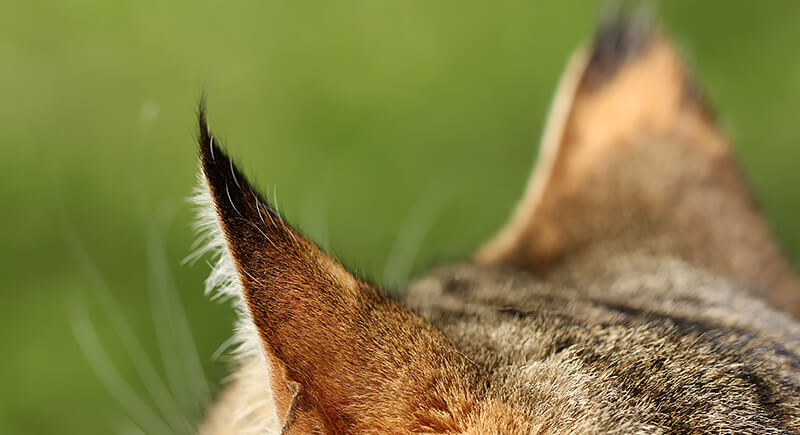
Credit: iStockphoto
Cats can hear frequencies up to 64,000 Hz, which leaves human ears in the dust. This lets them pick up the ultrasonic squeaks of rodents behind walls or distant footsteps long before anyone else notices. Their ears swivel independently and act like tiny radar dishes.
Minute Changes In Air Pressure
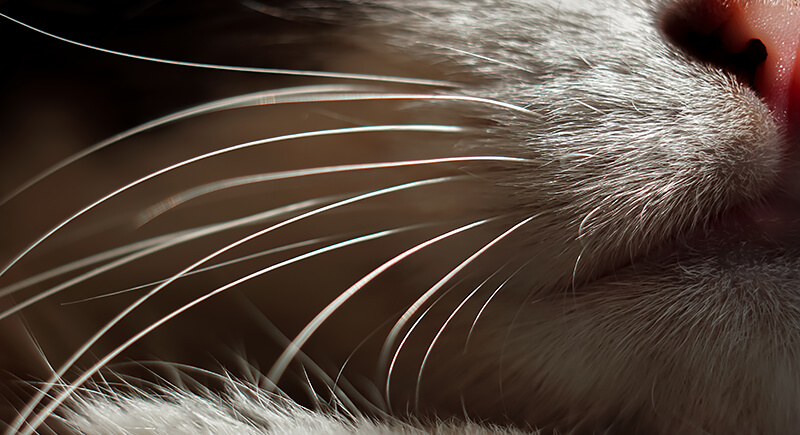
Credit: iStockphoto
A cat’s whiskers are packed with sensory receptors that track the slightest air movements. Their vibrissae can detect pressure changes, so shifts in wind, nearby motion, or even an approaching weather event can register before you feel a breeze. It’s like having a natural barometer built into their face.
Vibrations Beneath the Floorboards
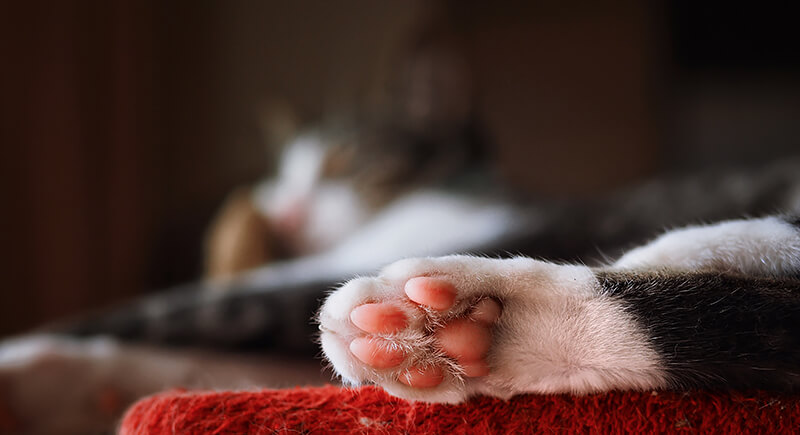
Credit: iStockphoto
Their footpads contain Pacinian corpuscles, nerve endings that detect vibrations. This helps them notice small tremors, insects crawling under surfaces, or subtle footsteps approaching. You may not hear the delivery truck yet, but your cat just stood up and stared at the door for a reason.
Illness In Humans

Credit: iStockphoto
There are reports of cats becoming clingy when their humans develop cancer or diabetes. It’s likely they’re detecting changes in body chemistry or scent. Certain nursing homes have even reported cats consistently choosing to sleep beside residents with health issues.
Dangerous People Or Bad Intentions

Credit: iStockphoto
Cats often react strongly to certain people, even if they’re outwardly polite. They may hiss or vanish entirely. They read micro-movements, vocal tone, and energy. If someone moves aggressively or gives off inconsistent signals, your cat may detect the disconnect long before you do.
Approaching Natural Disasters
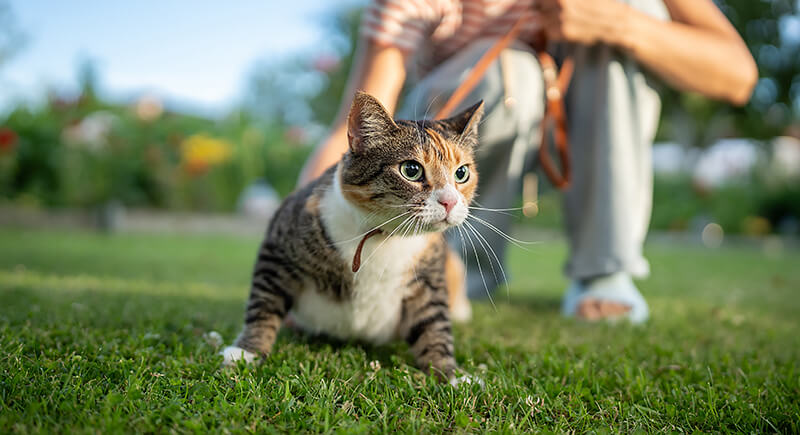
Credit: iStockphoto
Cats can feel changes in barometric pressure, electromagnetic shifts, and even ground vibrations. These clues help them know something’s coming. Researchers have looked into anecdotal cases where animals fled hours before natural disasters hit. Your cat’s anxiety might be their early-warning system kicking in.
Hormonal Shifts in Humans

Credit: iStockphoto
Pregnant women often notice cats acting clingier or more attentive. It’s believed cats can smell chemical changes associated with pregnancy, menstruation, or stress. Since they rely heavily on scent-based communication, it makes sense they’d pick up on what the human nose completely misses.
Sickness In Other Animals

Credit: iStockphoto
Cats can spot a weak or sick animal fast. This comes from their survival instincts. A sick animal gives off distinct scents and behavioral cues. It’s one reason introducing a new pet can feel tense—they’re doing more evaluation than you realize.
Your Routine, Down To The Minute

Credit: iStockphoto
Cats are expert timekeepers. They use temperature changes, light levels, and your behavior to anticipate what happens next. Feeding time, bedtime, your regular return from work—they know it all. A shift in routine often throws them off because they’ve memorized the patterns using senses you’re not even aware you’re projecting.
Tiny Movement In The Dark
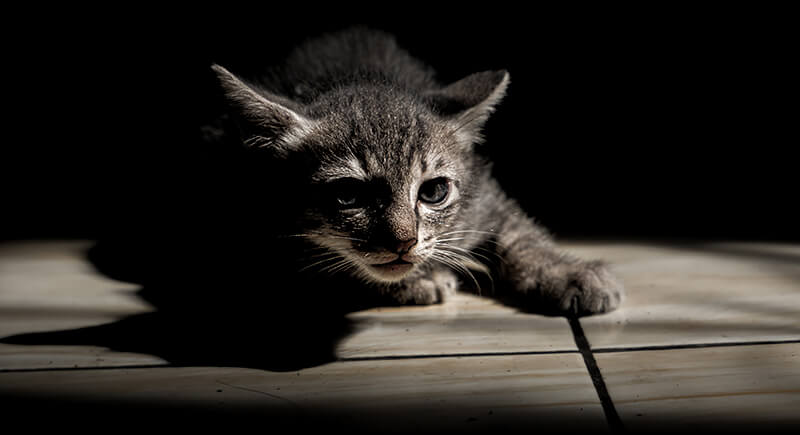
Credit: iStockphoto
Thanks to their enhanced vision, cats see well in just one-sixth the light humans need. Their eyes are built to detect motion in low-light environments. That means they can spot a bug scuttling across the carpet at night while you squint to determine if your phone is glowing.
Changes In Scent You Can’t Detect
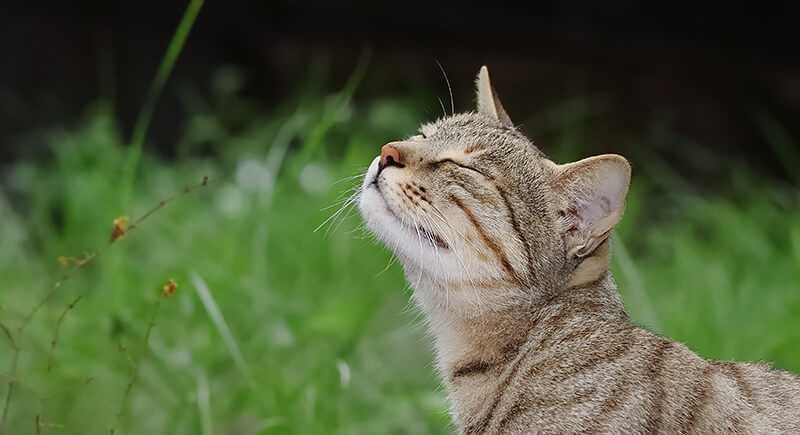
Credit: iStockphoto
A cat’s sense of smell is up to 14 times stronger. They detect chemical changes in your body when you’re nervous or excited. They also notice new laundry detergent, the scent of another animal, or even hormonal shifts. Their greeting sniff when you get home is also like data collection.
Heat Signatures From Other Animals

Credit: iStockphoto
Cats are excellent at detecting heat, especially from other living things. They have heat-sensitive areas in their faces that help them hunt warm-blooded prey. Indoors, this means they can sense another pet hiding nearby, even if it’s silent.
Electrical Device Frequencies

Credit: iStockphoto
Some cats react noticeably to electronics being plugged in or devices charging. While there’s no firm consensus yet, some researchers suggest that cats may sense the high-pitched frequencies or electromagnetic fields emitted by certain appliances.
Stress Signals In Their Owners

Credit: iStockphoto
Your cat doesn’t need you to vent aloud to know you’re stressed. They pick up on changes in your voice pitch, breathing, and behavior. They often react by hiding or seeking closer contact. Prolonged exposure to owner stress can even cause anxiety in them.
Shifts In Household Energy

Credit: iStockphoto
Even minor changes like moving furniture or hosting visitors can register with cats. They seem to feel these changes before they’re obvious, likely using their keen sense of scent, hearing, and subtle environmental clues that escape notice for most humans.